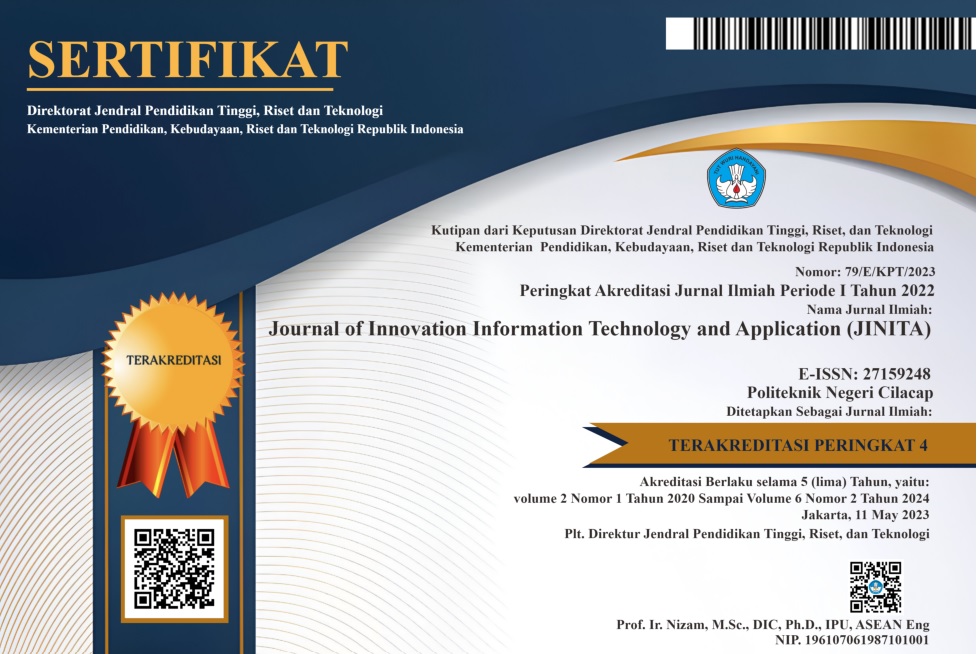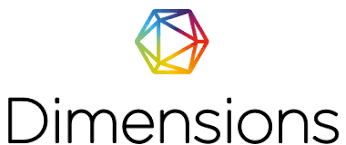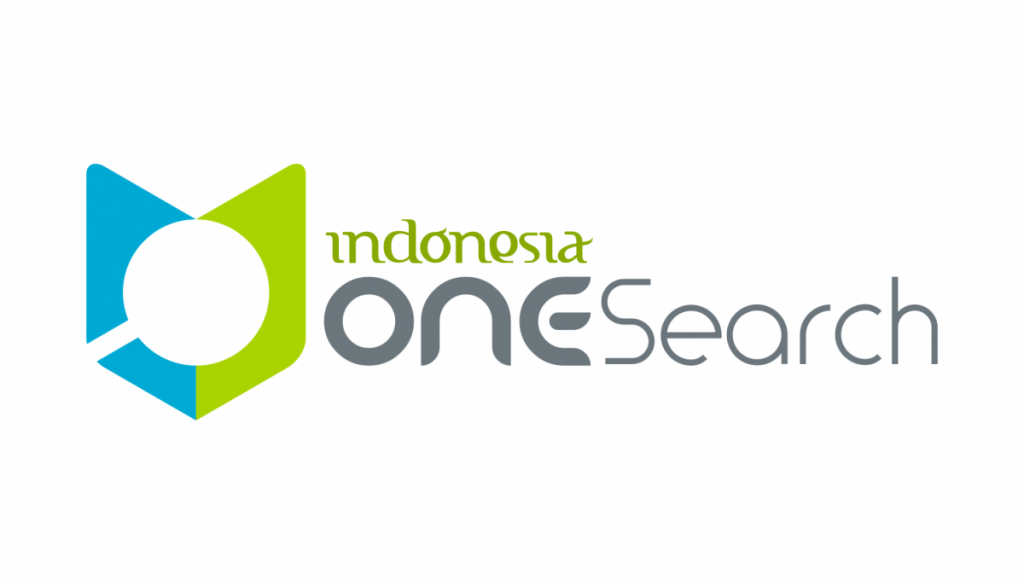Sistem Informasi Bank Sampah di Bank Sampah Enviro’18
 Abstract views: 311
,
Abstract views: 311
,
 PDF (Bahasa Indonesia) downloads: 376
PDF (Bahasa Indonesia) downloads: 376
Abstract
Waste Bank is a business The Enviro'18 entity engaged in the social sector that manages and utilizes waste with the aim of maintaining the environment and welfare in the surrounding community. Processes related to activities that can be carried out in the waste bank, such as customer registration, sales of waste, withdrawal of customer balances, preparation of waste sales reports. There are shortcomings in the waste bank process, where all processes are carried out manually and there is no system to facilitate the process. To overcome this, we need a web-based information system that aims to assist in managing customer data and waste data. Making this system using the System Development Life Cycle method with a prototype model. Based on the results of blackbox testing, it can be ensured that the system created can help make it easier for customers to register and view catalogs and make it easier for waste banks to collect waste data and manage data. Broadly speaking, from the test results, all system functionality can run well. This can be proven in process testing and can also be proven in the questionnaire analysis process which shows the functionality of the system that has been built is considered quite good in supporting the processes that run in the enviro'18 waste bank.
Copyright (c) 2022 Journal of Innovation Information Technology and Application (JINITA)

This work is licensed under a Creative Commons Attribution 4.0 International License.
Authors who publish with this journal agree to the following terms:
- Authors retain copyright and grant the journal right of first publication with the work simultaneously licensed under a Creative Commons Attribution License that allows others to share the work with an acknowledgement of the work's authorship and initial publication in this journal.
- Authors are able to enter into separate, additional contractual arrangements for the non-exclusive distribution of the journal's published version of the work (e.g., post it to an institutional repository or publish it in a book), with an acknowledgement of its initial publication in this journal.
- Authors are permitted and encouraged to post their work online (e.g., in institutional repositories or on their website) prior to and during the submission process, as it can lead to productive exchanges, as well as earlier and greater citation of published work (See The Effect of Open Access).
















